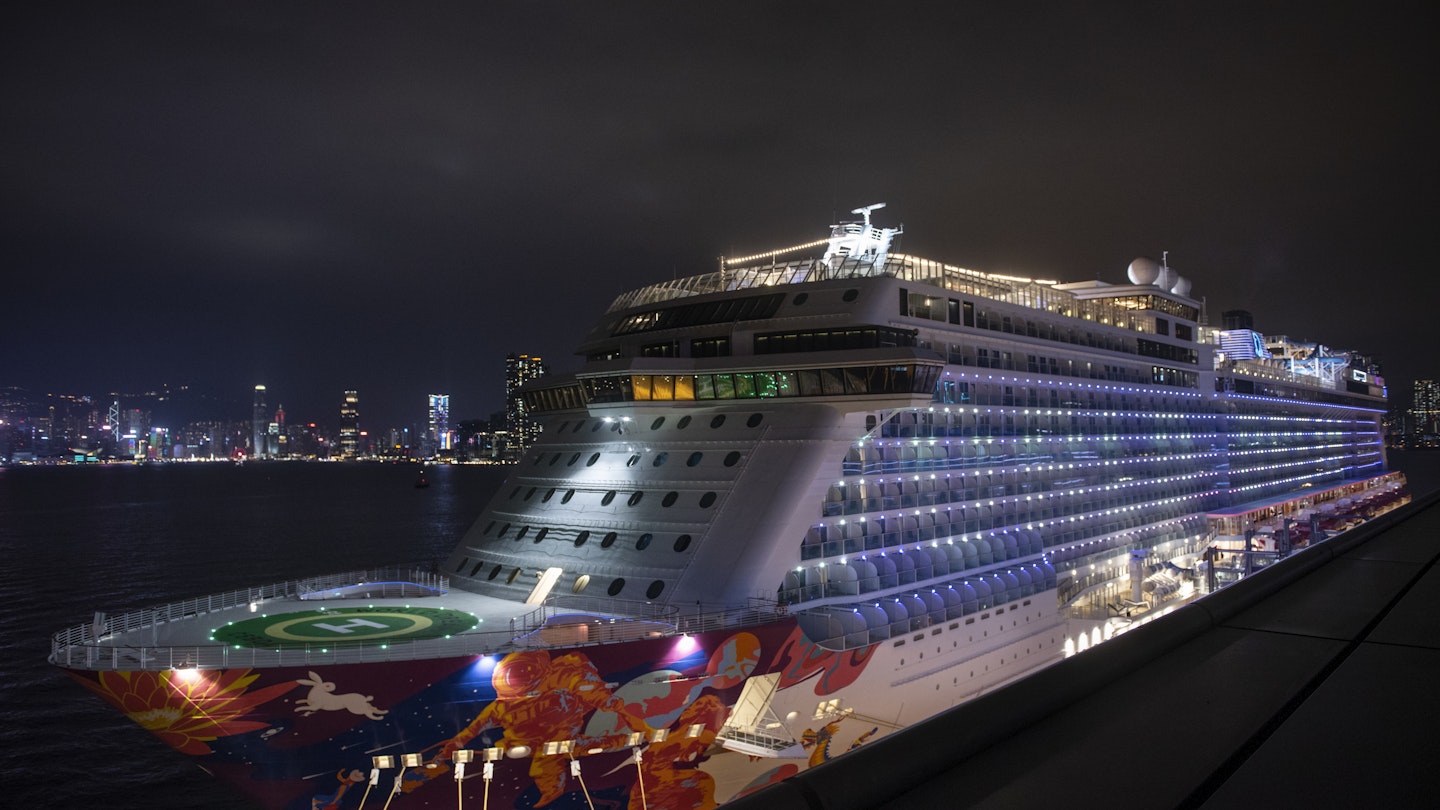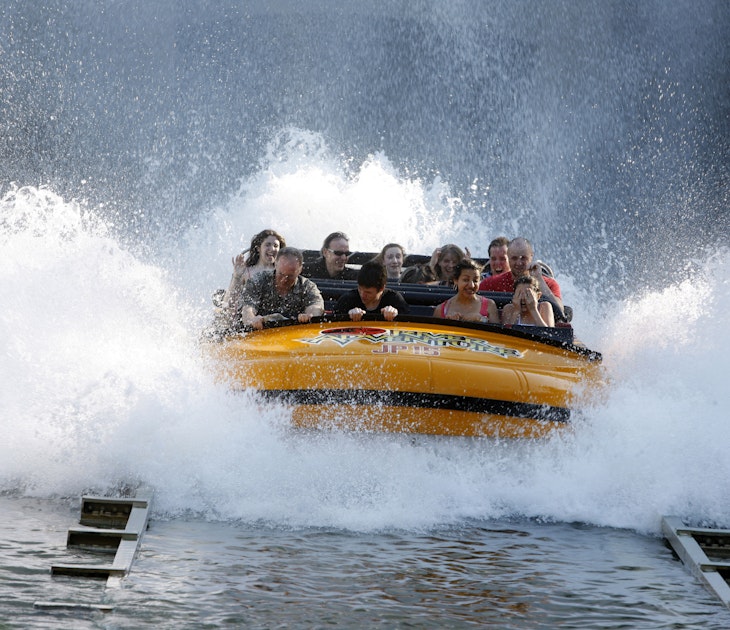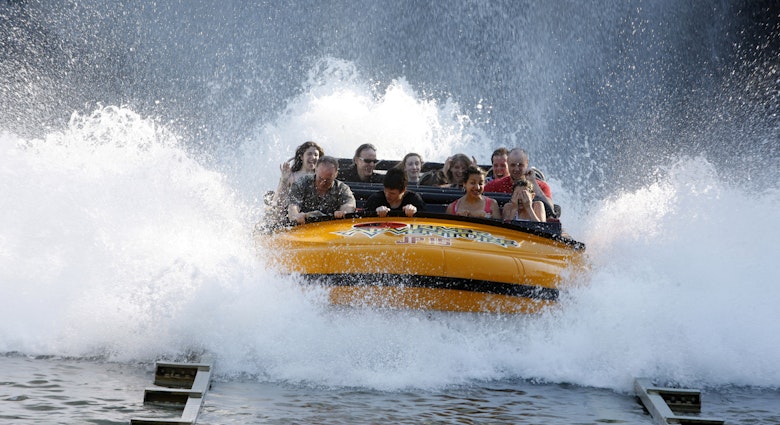As the coronavirus death toll surpasses that of the of 2003 SARS outbreak, guidelines issued by the Cruise Lines International Association (CLIA) have imposed new restrictions on travellers taking to the seas. Here’s how your journey could be affected by COVID-19 should you choose to set sail.
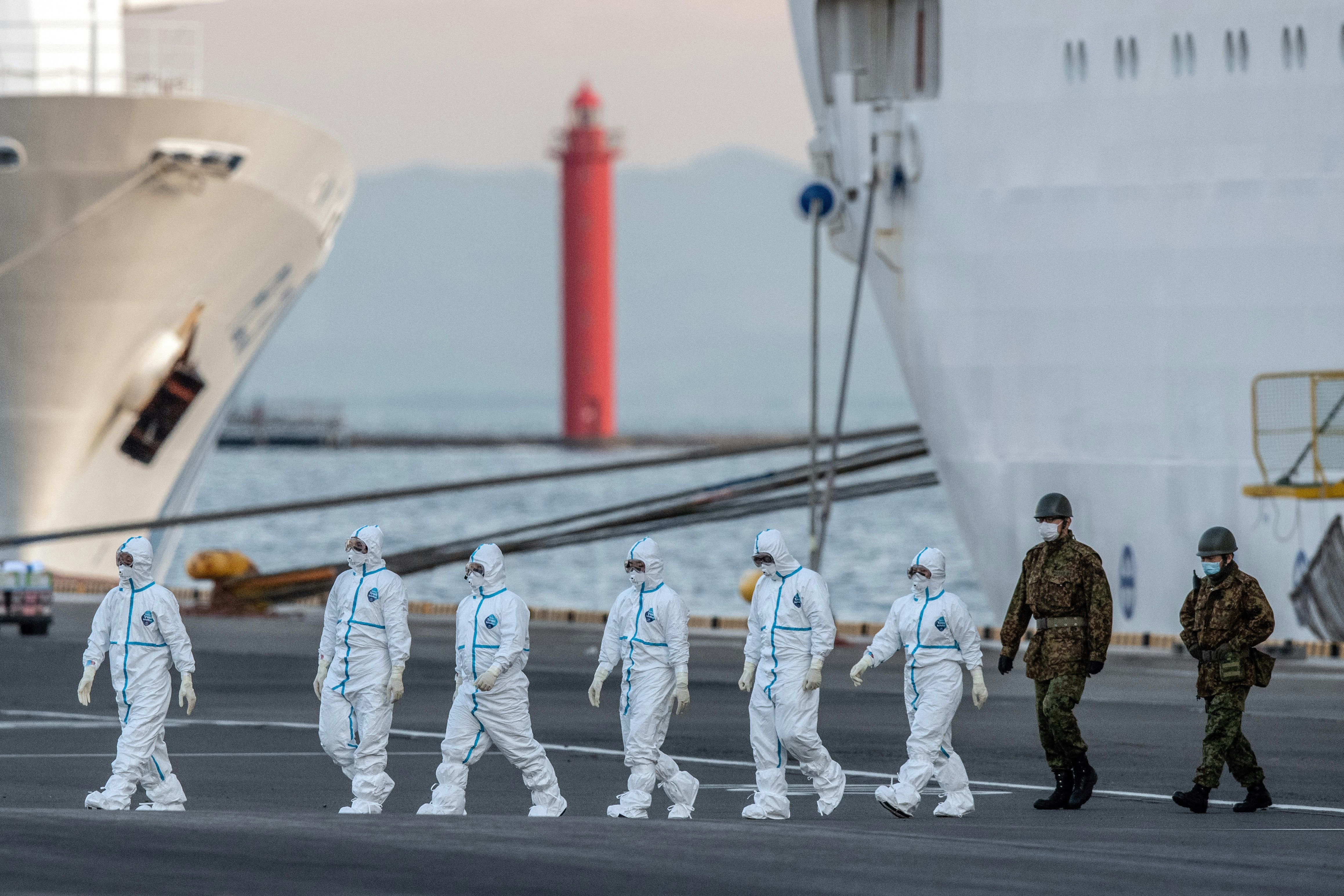
The CLIA, which represents more than 50 cruise lines around the world, consulted with the World Health Organisation (WHO) while formulating their new ‘enhanced procedures,’ before implementing them on 7 February. As of Sunday evening, approximately 900 people had died of the coronavirus, with over 40,000 confirmed cases.
All passengers on CLIA cruises will now face a mandatory health screening prior to boarding. People exhibiting coronavirus symptoms – which include difficulty breathing, a fever of 100.4 F° or above, and chills – will be turned away. Anyone who has had close contact with persons suspected of carrying the virus in the past 14 days will also be denied entry.
Likewise, people who have travelled to Hong Kong, China, or Macau in the past two weeks may not sail. Numerous medical authorities are currently advising the public to avoid non-essential travel to China; including the U.S. Centers for Disease Control and Prevention, which recently issued a level three warning against visiting the country.
Read more: This weird machine could disinfect planes—and even kill the coronavirus
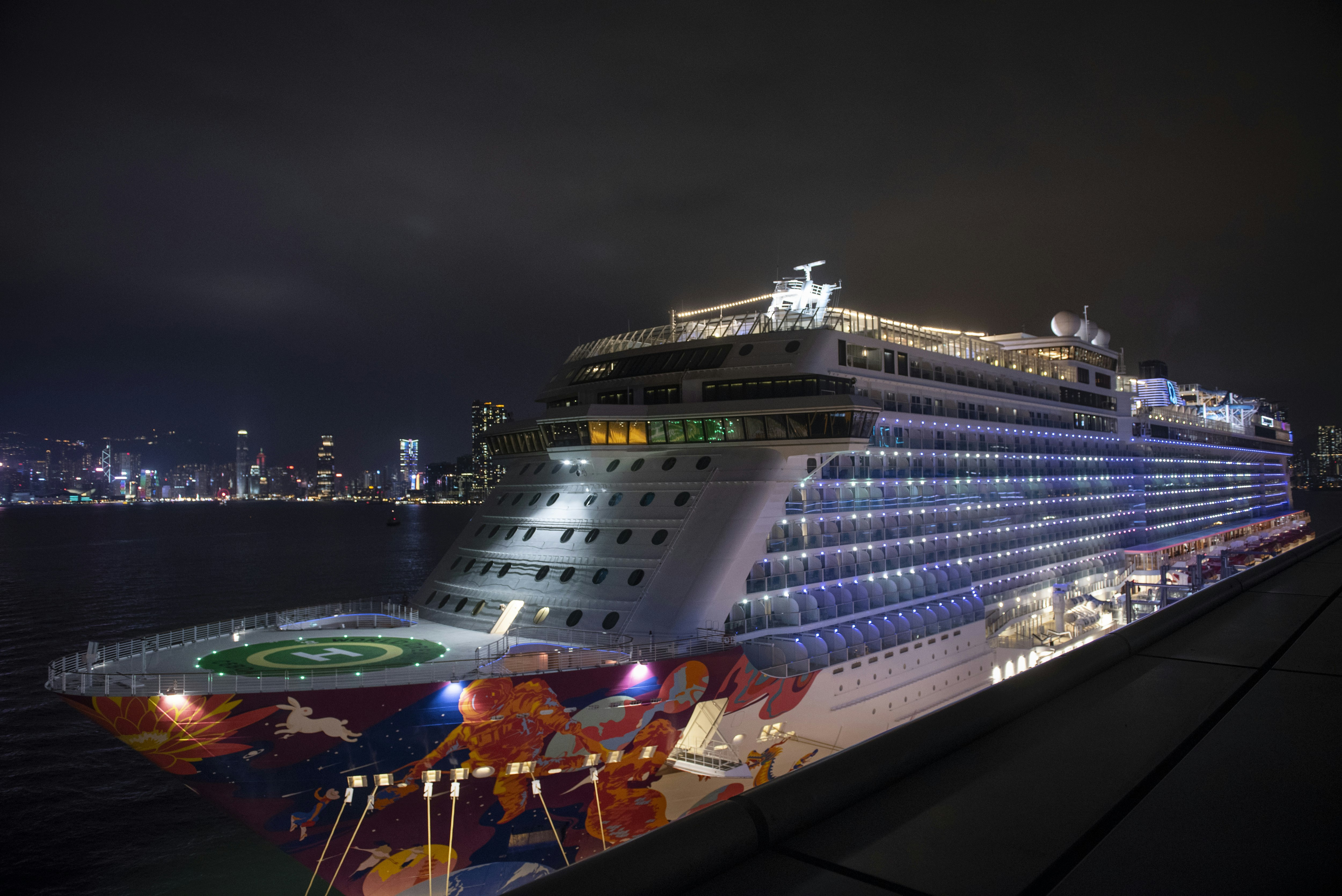
The outbreak has caused major disruption. Cruise lines like Norwegian and MSC have cancelled all ships passing through China and Hong Kong for the month of February. Royal Caribbean has gone as far as banning all people who hold a Chinese, Hong Kong or Macau passport – regardless of when they last visited any of the three countries. This move has been criticised as an unjustified generalisation by a number of commentators.
Passengers on several cruises were found to be carrying the coronavirus in recent weeks. Last week, some 3600 people on board Hong Kong’s World Dream cruise were quarantined for four days when it was discovered that three passengers who had embarked on a previous voyage had contracted the illness. On 4 February, four people on a Royal Caribbean ship which docked in New Jersey were rushed to hospital for monitoring.
Meanwhile, over 2500 people the Diamond Princess Cruise docked in Japan remain in quarantine as 66 passengers were diagnosed with coronavirus.
The Centre for Disease Control (CDC) advises the public to follow its set of guidelines for travelling on a cruise. In particular, passengers should wash their hands frequently, and avoid touching their eyes. On excursions to land, they should take precautions around what food and water they consume. It is also advisable to purchase travel insurance.
